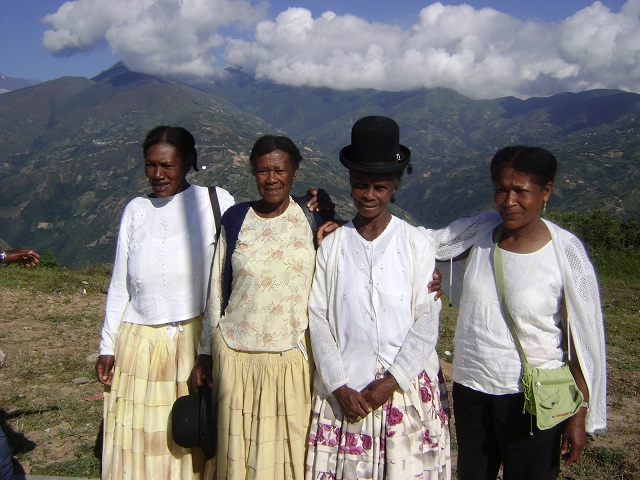
Andes, Bolivia, Dispatches
“We Of The Saya”: An Interview With Filmmaker Sisa Bueno
June 13, 2012 By Mari Hayman
Six years ago, New York filmmaker Sisa Bueno was a volunteer in Bolivia whose attention was captured by the struggle of Afro-Bolivians to be counted as an ethnic group in their country. No Bolivian census has made an official count of the number of African descendents living within its borders, and before Bolivia’s 2009 constitutional reform declared the country a plurinational state, Afro-Bolivians were not officially recognized as an ethnic group.
Realizing that profound change was underway in Bolivia after the election of Bolivian President Evo Morales, Bueno began to film “We of the Saya”, the story of an Afro-Bolivian farmer named Martina who becomes involved in the political struggle of Afro-Bolivians to gain official recognition. After three years of filming and personally witnessing the creation of Bolivia’s new constitution, Bueno sat down with the Latin America News Dispatch to discuss her film, which she plans to complete early next year.
I’d like to ask how you came to this project. How long have you been working on this and how did you become interested in this issue?
I’m a native New Yorker. I’m Cuban and Dominican by heritage, first generation American, so I grew up bilingual. I was in Bolivia doing volunteer work and it just kind of fell into my lap. I happened to be there during a time that a lot of things were shifting in the country. Bolivia had just elected its first indigenous president, Evo Morales, and in those years they decided that they wanted to become a plurinational state. Basically, they wanted to declare that they would recognize and respect all the rights of all the groups within the nation’s borders, which was mostly geared toward indigenous groups. They have 36 indigenous groups in Bolivia, but the Afro-Bolivian movement took it as an opportunity to also be recognized as an ethnic group, because up until then, they were not. Most of the time, people assumed that they weren’t Bolivian, that they were immigrants from other places. They would say that they were Brazilian or Colombian, that “Bolivia does not have black people”, that kind of thing. So to live and exist in a country for 500 years and to still be seen as a foreigner, I think that that’s quite painful for most of them and resulted in a lot of denial of one’s culture and one’s race and a lot of complexes.
There’s an incredible scene in the sample of your film that shows an Afro-Bolivian woman and man who spoke out at a meeting about [indigenous] preexistence saying, “We were here 500 years.” Since this whole idea of plurinational identity came to the fore, do you think it’s unified the different groups in Bolivia, or do you think it’s atomized them?
Well, it’s interesting you ask that now. I’m not following Bolivian politics as closely as I was when I was there filming, so before I go into how it is, I’ll back up and talk about how it was then when they first initiated this idea of plurinacionalidad. I mean, this is a power struggle between the oligarchy, the wealthy, the European-descended or mestizo people versus impoverished indigenous people, and at the time that they decided that they wanted to become a plurinational state, the wealthy Bolivians who really enjoyed the privileges of the status quo were against that. Which is what resulted in a lot of violence. People were constantly fighting in the streets. There was always a protest, and if there was a protest in the street, there was a always a counter-protest, so there was always a clash. It was a very contentious environment.
What I do know currently is that I’m looking into the census issue, because the census is a principal step for the Afro-Bolivian community. They were never acknowledged in the census, so they don’t know anything about themselves. They don’t know how big their population is, they don’t know any kind of data about mortality rates, education rates, health rates, anything about themselves. I still follow up on that, because they were supposed to do a census in 2010 and they have yet to do a census, and this is two years later. And there are people who are blocking it because they aren’t asking enough questions about people who are mestizo or of European descent. This is a conservative argument. They feel like this census is giving more voice and is focusing more on indigenous communities at the expense of the mestizos. They’re saying, “Why do people have to choose to be such and such a thing?” If I say that I’m mestizo, I should just be able to choose “mestizo”. Which I believe is okay, but I guess that’s part of the reason that they’re halting it, because they want to make sure that they get represented the way they want to in the census.
What do you think it means to have Afro-Bolivians recognized in a census?
It means official recognition. Currently, what my film covers is [Afro-Bolivians] achieving recognition on a constitutional level. Laws can be written and they don’t have to be enforced, but in my opinion, if they were to be recognized in the census, that is just one element of proof that the law will work. Again, if [the law] is not enforced, it really doesn’t hold that much weight. But a census, something that’s really significant for a country, that’s really referred to in terms of data and information about these communities, that’s really important and an even bigger step.
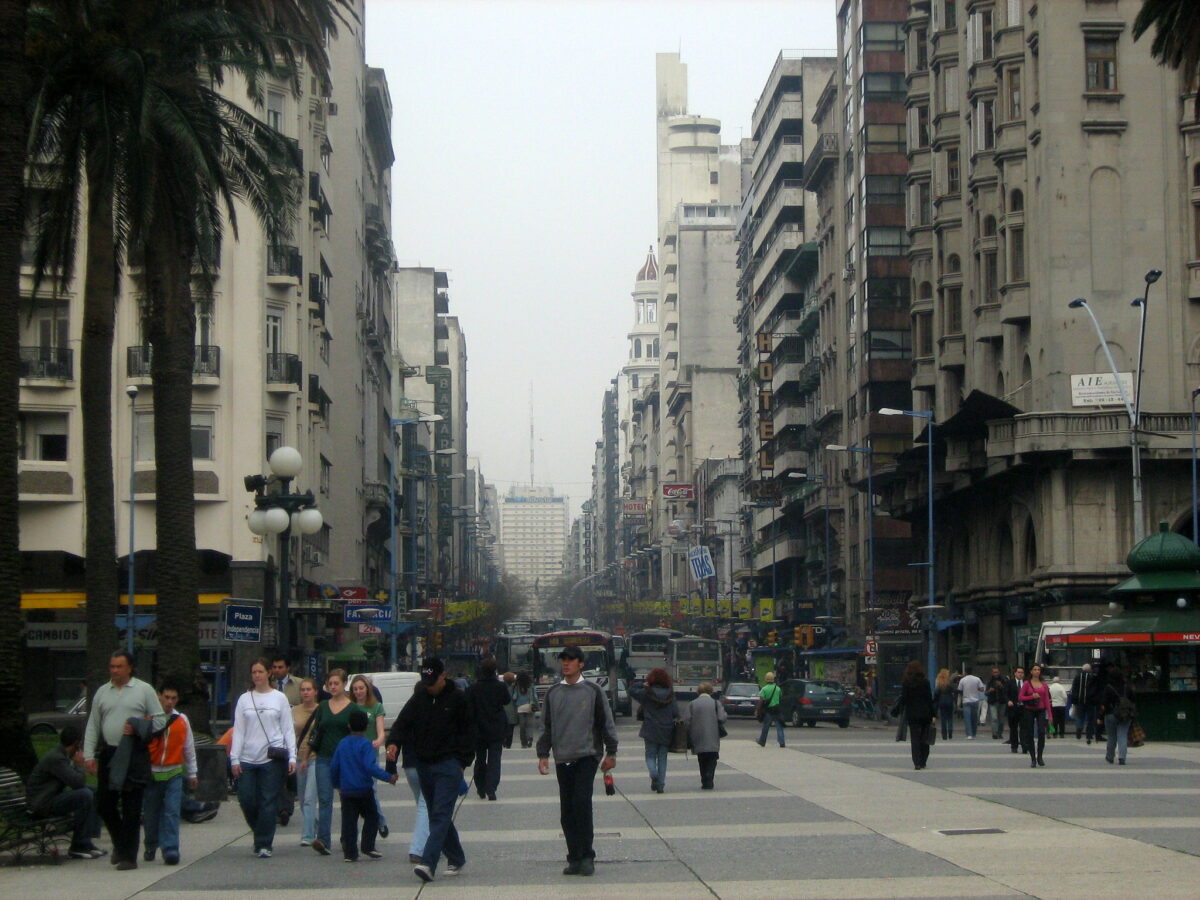
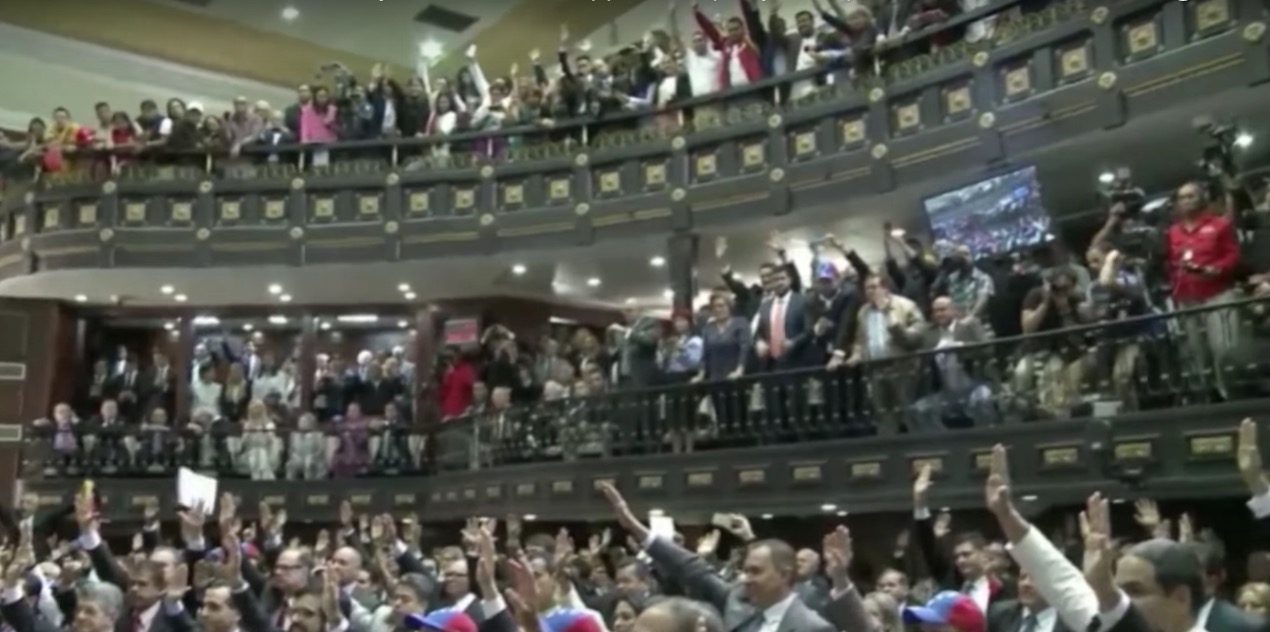
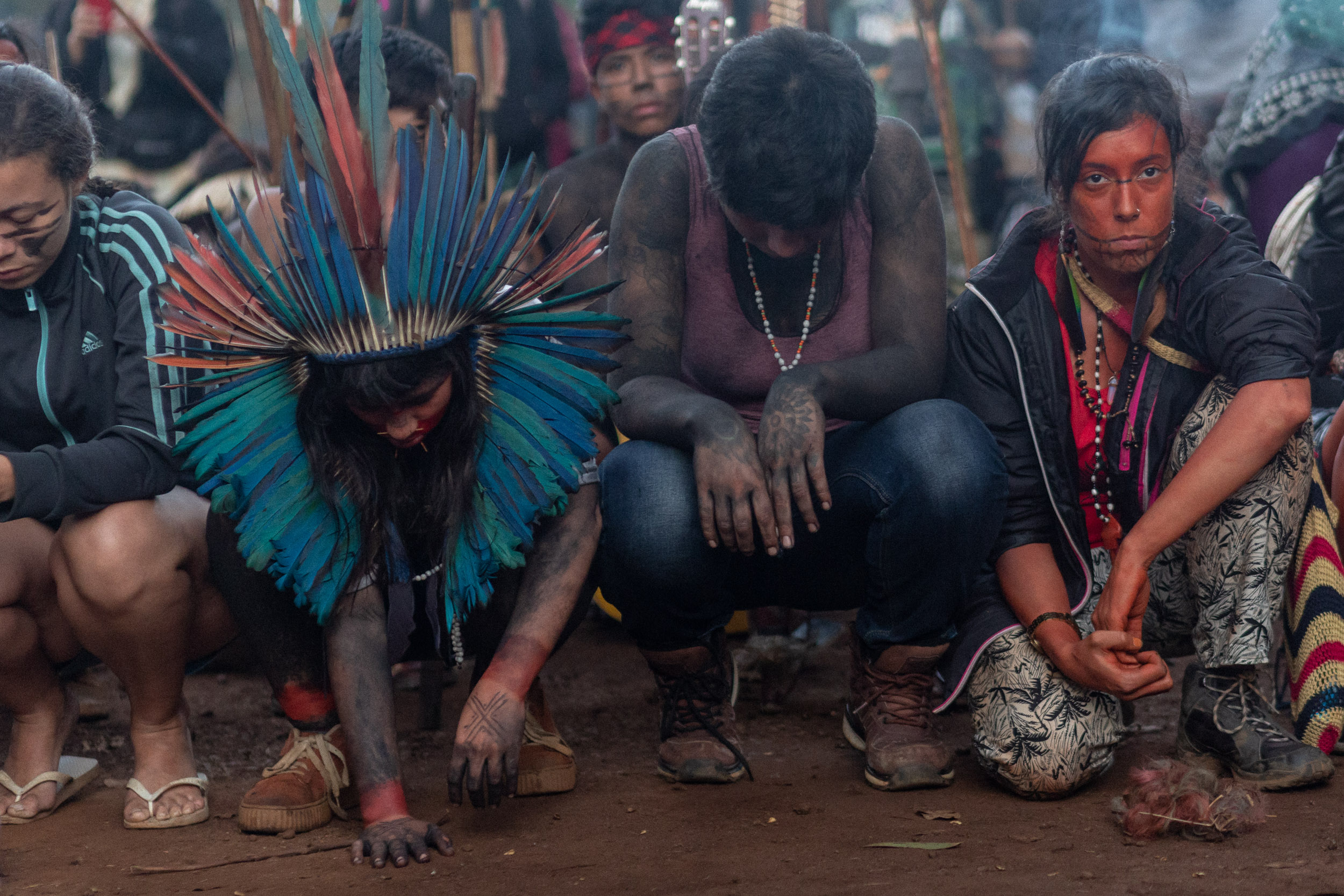
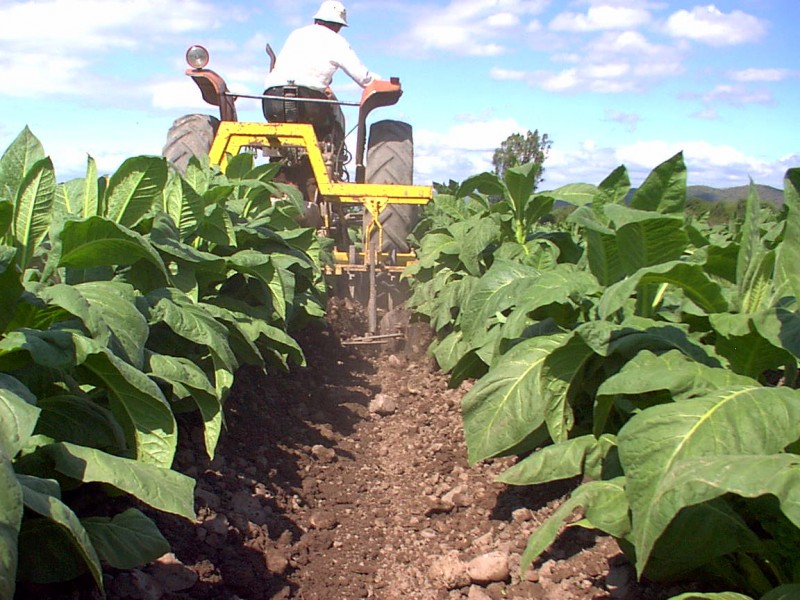
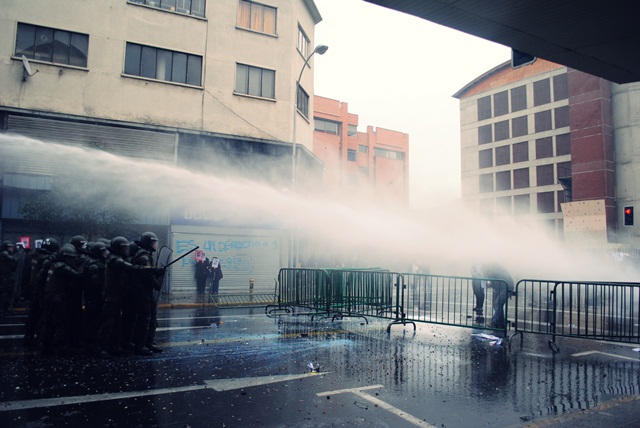
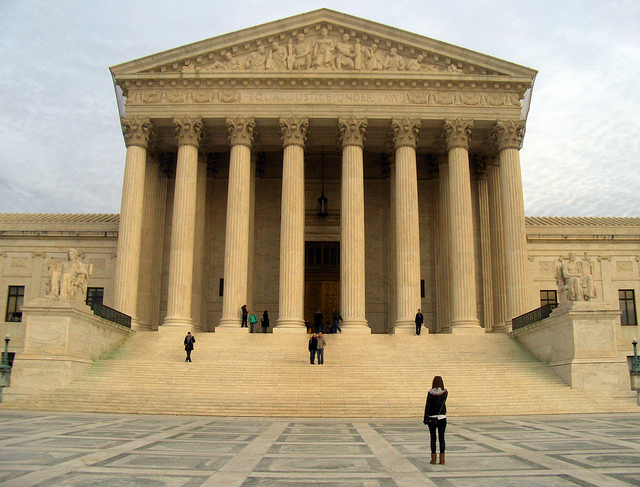
1 Comment
[…] WANT MORE INFO? Check out this excellent interview. Like this:LikeBe the first to like this. ← Prev Next → Got something to say? Go […]
Comments are closed.